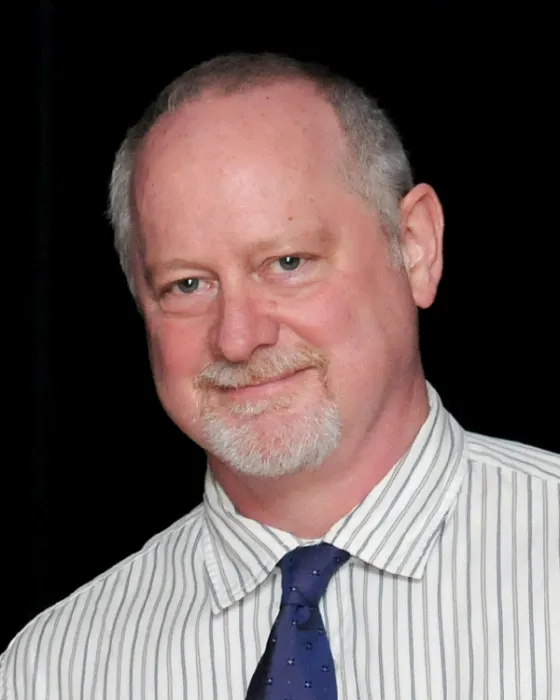2021 Elections: Vice President Candidate Statement
Dr Guy Rouleau (Canada)
 |
Dr Guy Rouleau, OC, OQ, MD, PhD, FRCPC, FRSC |
I am honored that the Canadian Neurological Society (CNS) has nominated me for the position of WFN first Vice-President.
Following medical school at the University of Ottawa, I did neurology training at McGill University and research training at Harvard (PhD 1989). I then began my career as a clinician-scientist at McGill. In 2004, I moved to the University of Montreal as Director of Research at Ste‐Justine Hospital. I returned to McGill in 2013 as Chair of the Department of Neurology and Neurosurgery, and Director of the Montreal Neurological Institute-Hospital (MNI). My work focuses on genetic diseases of the brain and I have published over 800 articles in peer‐reviewed journals and have been cited over 85,000 times.
I collaborate with neurologists from every continent. Among many other international activities, I co-organized two Congrès de Neuroscience du Mali à Bamako, and I lead a project in Shenzhen, China assisting the development of advanced therapies for epilepsy and movement disorders. I initiated the WFN-Neurological Institute-Canadian Neurological Society Departmental Visit program for young South American neurologists. The MNI funds these visits and provides the training. We are organizing a similar program for young African neurologists. As Canadian delegate to the WFN for six years, I know the organization well. In that role, I helped the CNS make a successful bid to host the 2023 WCN in Montreal. As WFN first Vice-President I would be ideally positioned to contribute to the success of this upcoming congress.
I hope to increase the WFN’s impact on the practice of international neurology. The advent of the Internet, social networks, as well as accelerated medical discoveries, bring rapid, constant change requiring that organizations regularly reassess their structures and modes of operation. As first Vice-President, I would recommend establishing a task force to make recommendations about how to: Modernize - Currently, the President is elected quadrennially. The Past President has no official role, leading to a loss of experience and talent. To ensure continuity, most professional organizations have a President elect, President and past-President. This structure could be explored. Democratize - We need to find ways to ensure that younger people are more engaged and better represented within the WFN. The WFN must be relevant to neurologists of all ages and professional stages. The gender balance and diversity in the WFN’s leadership must also be improved. Open - The impact of the open sharing of information is growing and has been accelerated by the COVID-19 pandemic. Sharing of information in medicine must become the norm. The WFN should adopt the Open Science ethos to allow equal access to information, ensure transparency, reproducibility, and equity. Under my leadership the MNI has become a world leader in Open Science. Experience and methods developed there can help the WFN facilitate the spread of Open Science in the world of neurology.
On a personal level, I have spent nearly forty years practicing neurology. I remain fascinated by the work we do, and I feel I still have much to contribute to our field.
Other Candidate Statements
In alphabetical order.
|
President |
Vice President |
|
Elected Trustee: |
|
WCN 2025 Host Venue Bid Videos:







